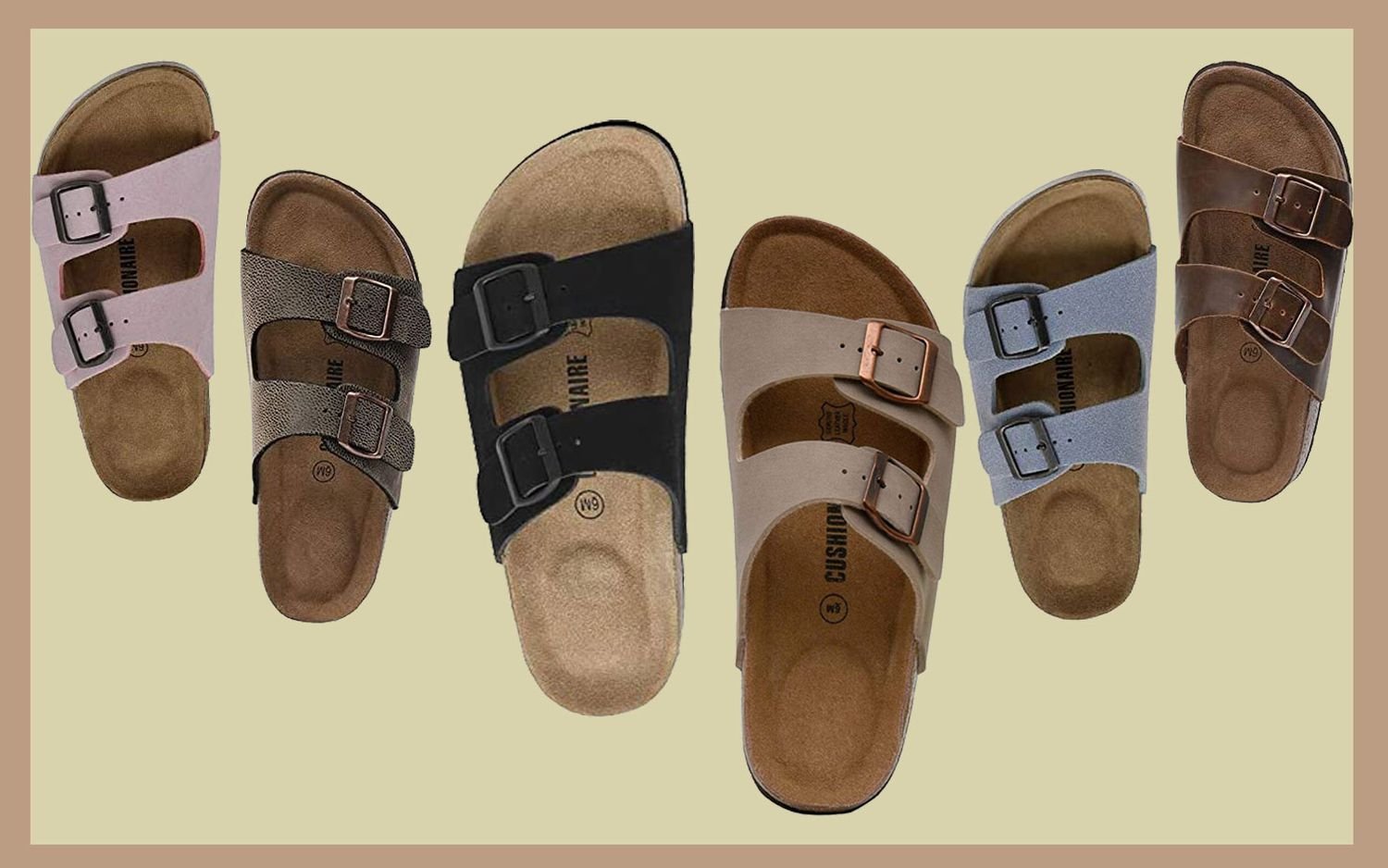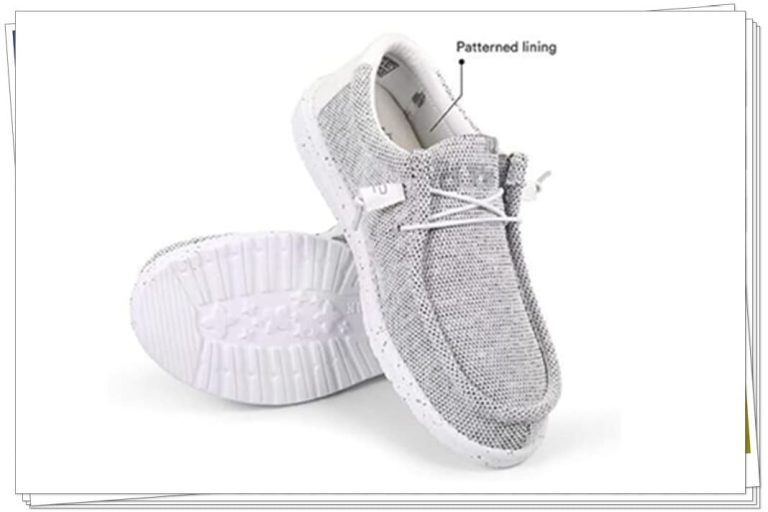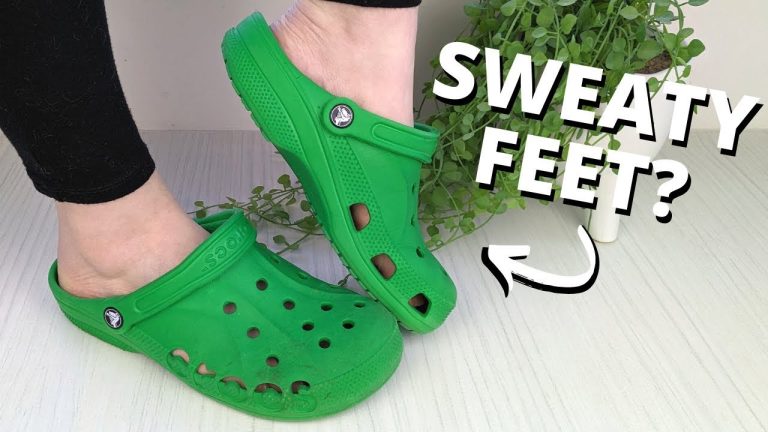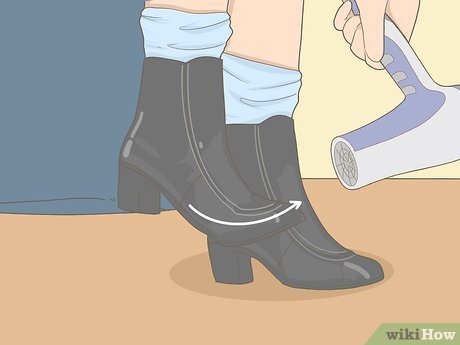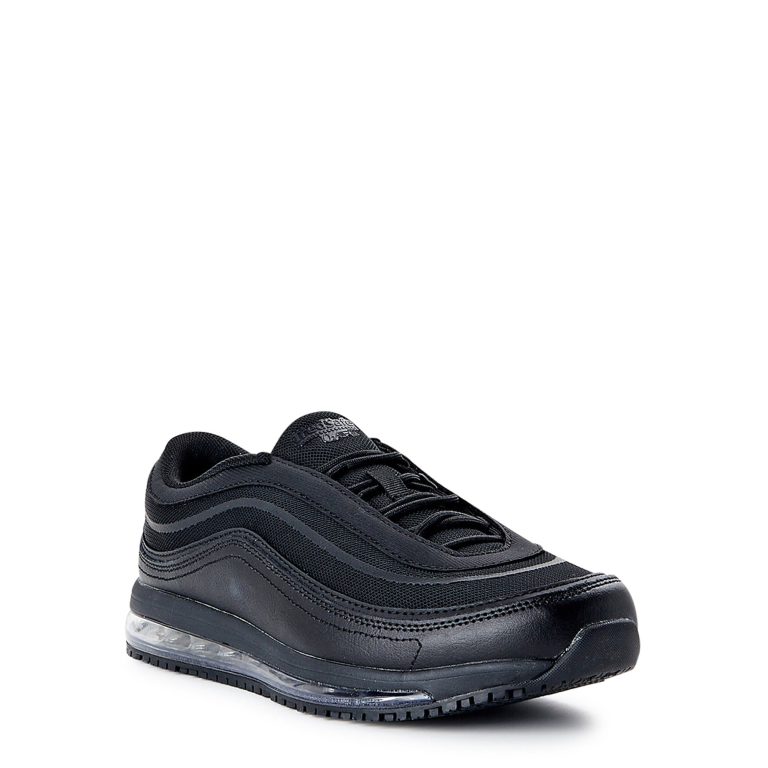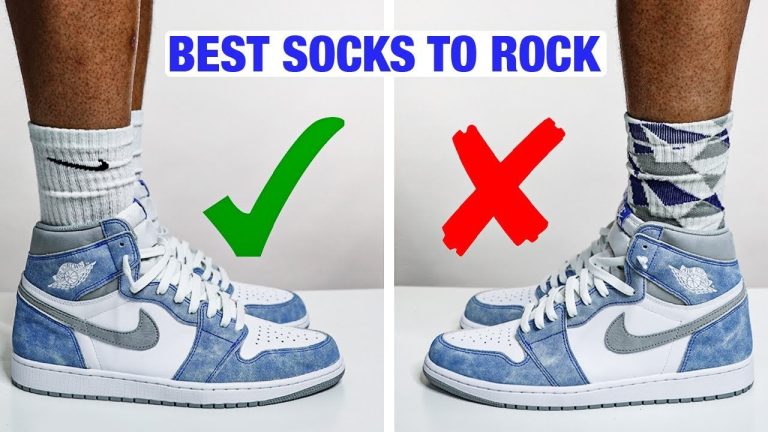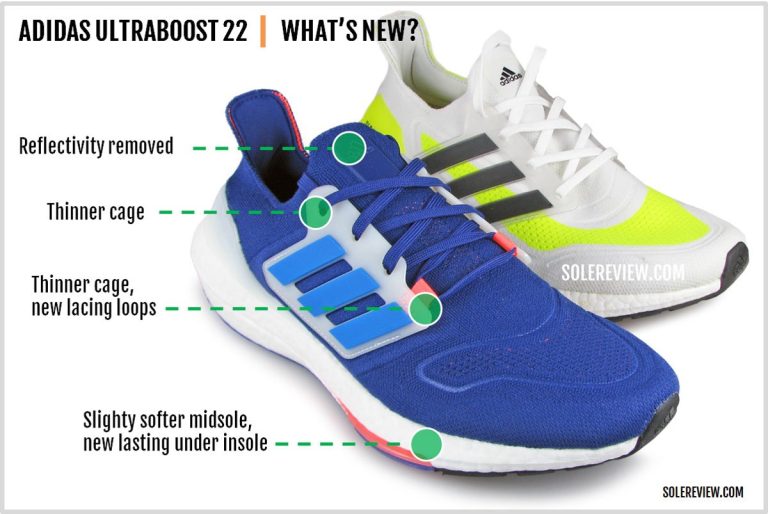Looking for the perfect pair of shoes but torn between Birkenstock and Cushionaire? We’ve got you covered! When it comes to the ultimate comfort for your feet, Birkenstock vs Cushionaire is a common debate. Whether you’re seeking arch support, durability, or style, we’ll delve into the differences, pros, and cons of these popular shoe brands. So, which one will steal your heart and grace your feet with utmost comfort? Let’s dive in and find out.
Birkenstock vs Cushionaire: A Comprehensive Comparison
When it comes to finding comfortable and supportive footwear, Birkenstock and Cushionaire are two popular brands that often come to mind. Both brands offer a range of sandals and shoes designed to provide optimal comfort and style. However, there are significant differences between Birkenstock and Cushionaire in terms of design, materials, price, and overall quality. In this article, we will explore these differences to help you make an informed decision on which brand is the right fit for you.
1. Design and Style
Birkenstock:
– Known for its iconic two-strap design, Birkenstock sandals have a distinctive and timeless look.
– The brand offers a variety of styles, including Arizona, Gizeh, and Mayari, with various color and material options.
– Birkenstock sandals are often associated with a casual and laid-back aesthetic.
Cushionaire:
– Cushionaire offers a more contemporary approach to design, featuring sleek silhouettes and modern details.
– The brand offers a range of styles, including slides, flip-flops, and sneakers, with trendy colors and patterns.
– Cushionaire sandals are designed to blend comfort and style seamlessly.
2. Footbed Technology
Birkenstock:
– Birkenstock is renowned for its anatomically shaped footbed, which provides excellent arch support and promotes proper foot alignment.
– The footbed is made of cork and latex, which molds to the shape of your foot over time, offering a custom fit.
– It features a deep heel cup and a roomy toe box, allowing for natural foot movement.
Cushionaire:
– Cushionaire incorporates memory foam technology in its footbeds, offering plush cushioning and shock absorption.
– The memory foam molds to the contours of your feet, providing personalized comfort.
– While it offers good support, it may not provide the same level of arch support as Birkenstock.
3. Materials
Birkenstock:
– Birkenstock sandals are primarily made of high-quality, natural materials such as cork, latex, and suede.
– The use of these materials ensures durability, breathability, and moisture-wicking properties.
– The brand is committed to sustainable practices, using renewable and recycled materials in their production process.
Cushionaire:
– Cushionaire sandals feature a combination of synthetic materials such as faux leather and textiles.
– These materials offer flexibility and a soft touch, but they may not be as durable or environmentally friendly as natural materials.
4. Price Range
Birkenstock:
– Birkenstock sandals are generally considered to be in the mid to high price range.
– The brand’s commitment to quality materials and craftsmanship contributes to its higher price point.
– However, the longevity of Birkenstock sandals often justifies the investment.
Cushionaire:
– Cushionaire sandals are more affordable compared to Birkenstock.
– The brand aims to provide high-quality comfort at a more accessible price point.
– While the materials and construction may not be as robust as Birkenstock, Cushionaire offers a budget-friendly option.
5. Durability
Birkenstock:
– Birkenstock sandals are known for their exceptional durability and longevity.
– The use of high-quality materials and meticulous craftsmanship ensures that the sandals can withstand regular wear and tear.
– With proper care, Birkenstock sandals can last for several years.
Cushionaire:
– Cushionaire sandals may not be as durable as Birkenstock due to the use of synthetic materials.
– While they provide comfort, they may not hold up as well over extended periods of wear.
6. Fit and Sizing
Birkenstock:
– Birkenstock offers a wide range of sizes, including narrow and wide options.
– The sandals typically run true to size, but a break-in period may be required for the footbed to mold to your feet.
– The brand provides detailed sizing charts to help customers find the perfect fit.
Cushionaire:
– Cushionaire offers standard sizing options in medium widths.
– Some customers find that Cushionaire sandals run slightly larger or smaller, so it’s recommended to consult the brand’s sizing guide before purchasing.
7. Versatility
Birkenstock:
– Birkenstock sandals are versatile and can be worn with a variety of outfits, ranging from casual to dressier ensembles.
– They are particularly popular during the summer months and for outdoor activities.
– Some models, such as the Arizona or Gizeh, can even be worn with socks during colder seasons.
Cushionaire:
– Cushionaire sandals are designed with versatility in mind, offering styles that can be dressed up or down.
– They are suitable for casual outings, beach trips, or even as comfortable everyday footwear.
8. Brand Reputation
Birkenstock:
– Birkenstock has a long-standing reputation for producing high-quality and comfortable footwear.
– The brand has been around since 1774 and is recognized for its innovative footbed design.
– Birkenstock sandals are beloved by many loyal customers who rave about their comfort and durability.
Cushionaire:
– Cushionaire is a newer brand compared to Birkenstock, but it has quickly gained popularity for its comfortable sandals.
– While it may not have the same extensive history as Birkenstock, Cushionaire has garnered positive reviews for its affordability and cushioning technology.
9. Availability
Birkenstock:
– Birkenstock sandals are widely available both online and in physical stores.
– The brand has a strong global presence, with various retailers carrying their products.
– Birkenstock also has its own website where customers can purchase directly.
Cushionaire:
– Cushionaire products can be found primarily online through specific retailers and the brand’s website.
– The availability of Cushionaire sandals may vary depending on the specific model and retailer.
10. Conclusion
In conclusion, when comparing Birkenstock and Cushionaire, both brands offer comfortable and supportive footwear options. Birkenstock is known for its timeless design, superior quality materials, and renowned footbed technology. On the other hand, Cushionaire provides a more affordable alternative with contemporary styles and memory foam cushioning.
Ultimately, the choice between Birkenstock and Cushionaire depends on your personal preferences, budget, and specific needs. If you prioritize long-lasting durability and exceptional arch support, Birkenstock may be the ideal choice. However, if you seek comfort at a more accessible price point without compromising on style, Cushionaire could be a great option.
Regardless of which brand you choose, both Birkenstock and Cushionaire are dedicated to providing footwear that prioritizes comfort and overall well-being.
CUSHIONAIRE Women's Sandals | Our Point Of View
Frequently Asked Questions
What is the difference between Birkenstock and Cushionaire?
Birkenstock and Cushionaire are both popular brands of footwear, but there are some key differences between them. While both brands offer comfortable and stylish shoes, Birkenstock is known for its patented contoured footbed that provides excellent arch support and promotes proper posture. On the other hand, Cushionaire focuses more on cushioning and softness, providing a plush feel with memory foam insoles. Ultimately, the choice between Birkenstock and Cushionaire depends on individual preferences for arch support and cushioning.
Which brand offers better durability, Birkenstock or Cushionaire?
When it comes to durability, Birkenstock tends to outshine Cushionaire. Birkenstock shoes are crafted with high-quality materials and construction techniques that are designed to last for years. Their famous cork footbeds and durable soles are known for their longevity and resilience. While Cushionaire also offers decent durability, Birkenstock’s reputation for lasting quality makes it a preferred choice for those seeking footwear that can withstand heavy use and remain in good condition over time.
Are Birkenstock shoes more expensive than Cushionaire?
Yes, Birkenstock shoes are generally more expensive than Cushionaire. The higher price is mainly due to the brand’s commitment to quality and craftsmanship. Birkenstock uses premium materials and intricate construction methods to create footwear that offers superior comfort and support. While Cushionaire provides affordable options that are still comfortable, the price difference reflects the superior durability and reputation of Birkenstock.
Do Birkenstock and Cushionaire offer similar styles?
Both Birkenstock and Cushionaire offer a wide range of styles to cater to different fashion preferences. However, their design aesthetics are somewhat different. Birkenstock is known for its classic and timeless designs with a focus on simplicity and functionality. On the other hand, Cushionaire offers more contemporary and trend-focused styles, often incorporating modern features and details. Whether you prefer a more traditional or fashion-forward look, both brands have options to suit various tastes.
Are Birkenstock shoes suitable for people with foot conditions?
Birkenstock shoes are renowned for their orthopedic benefits and are often recommended for individuals with foot conditions. The contoured footbed of Birkenstock supports the natural shape of the foot and promotes proper alignment, making them helpful for those with flat feet, plantar fasciitis, or other common foot ailments. Cushionaire shoes, while providing cushioning and comfort, may not have the same level of orthopedic support as Birkenstock.
Final Thoughts
In conclusion, when comparing Birkenstock and Cushionaire, it is evident that both brands offer comfortable and supportive footwear options. However, Birkenstock stands out for its unique design and high-quality materials, providing long-lasting durability. On the other hand, Cushionaire offers a more affordable alternative without compromising on comfort. Ultimately, the choice between Birkenstock and Cushionaire depends on individual preferences, budget constraints, and desired style. Whether you prioritize premium craftsmanship or affordability, both brands cater to different needs, ensuring that consumers can find the perfect footwear option for their lifestyle.
